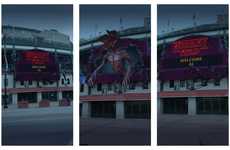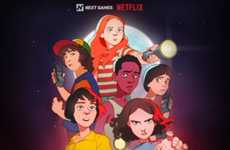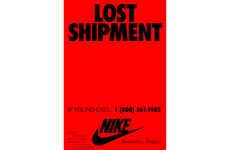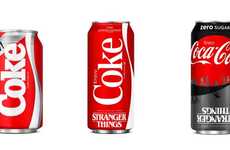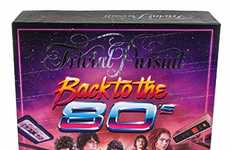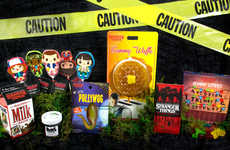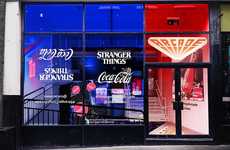



Brands leverage consumers’ obsession with Science Fiction as a marketing tactic
Trend - More campaigns and ads based around science fiction are emerging from companies in industries such as culinary, fashion and technology; as brands look to pop culture for marketing inspiration. With today’s fascination of TV shows like Stranger Things, a lot of brands are playing into this phenomenon through very strategic marketing - making it easy for them to catch the attention of consumers, and maintain it long enough to make a lasting impression.
Insight - Marketing that directly draws from pop-culture inspirations has long had appeal for consumers. This tactic is especially strong in the modern-day, with young consumers in particular craving branded content that aligns with their personal interests, and that also has the capacity to be shared online. The resurgence of sci-fi themes in pop culture has allowed for creative and novel ways for consumers to connect with brands.
Insight - Marketing that directly draws from pop-culture inspirations has long had appeal for consumers. This tactic is especially strong in the modern-day, with young consumers in particular craving branded content that aligns with their personal interests, and that also has the capacity to be shared online. The resurgence of sci-fi themes in pop culture has allowed for creative and novel ways for consumers to connect with brands.
Workshop Question - How can you use pop culture as a marketing strategy?
Trend Themes
1. Pop Culture Marketing - Brands leveraging pop culture references in marketing offers a personalized approach that resonates with young consumers.
2. Sci-fi Revival - The resurgence of sci-fi themes in popular media presents opportunities for creative and novel marketing strategies.
3. Augmented Reality Advertising - Using augmented reality, brands can provide unique and engaging experiences for their audience, leading to increased consumer engagement.
Industry Implications
1. Entertainment - The entertainment industry can leverage pop culture trends to generate new content ideas and market products more effectively.
2. Retail - Retailers can incorporate augmented reality and sci-fi references to create interactive and engaging experiences for consumers.
3. Food and Beverage - Food and beverage companies can create limited-edition or themed products to capitalize on pop culture trends and generate buzz.



